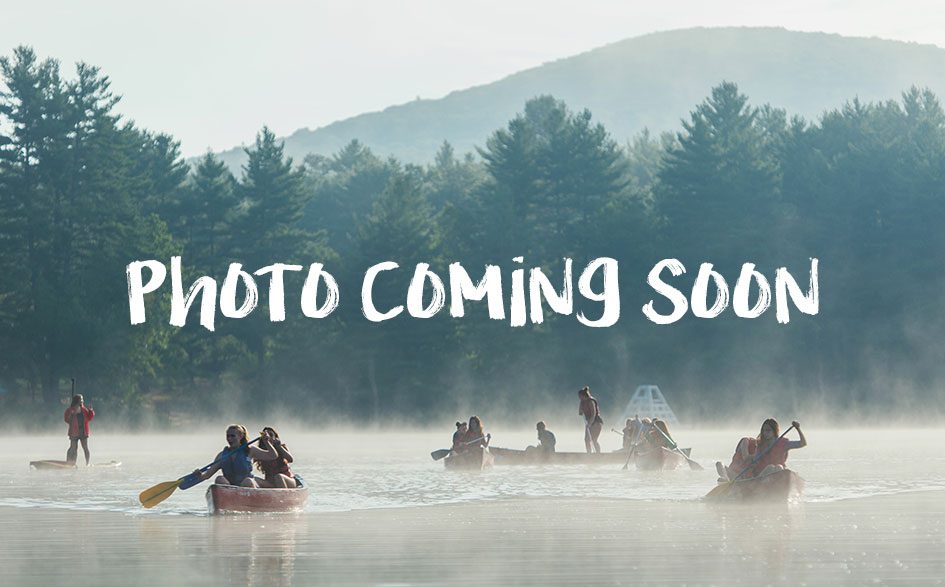D’var Torah: Keva and Kavanah

“Keva” and “Kavanah” are two core values that shape Jewish tefilah (prayer).“Keva” means that the words that we pray and the times that we say them are pre-determined. A traditional Jew prays three times a day (at least) and says words that are already found in a siddur. “Kavanah” means that one’s prayers must come from one’s heart-one must understand and mean what one says. The greatest challenge of Jewish prayer is to achieve both of these goals – to pray at set times and say the same prayers day in and day out, and still to mean these prayers from one’s heart.
This dilemma is already set out in a dispute found in a famous mishnah(Berakhot 4:3-4): “Rabban Gamliel says: Every day a person must pray eighteen (the Shemonah Esreh/Amidah) …. R. Eliezer says: One who makes his prayer ‘set’ [by reciting the same words every time] his prayer does not constitute “pleading” [for divine mercy]. Rabban Gamliel emphasizes the goal of “keva” and Rabbi Eliezer emphasizes the goal of “kavanah.” Jewish tradition accepted both their points of view and ruled that tefilah must be both set and meaningful. “Keva” provides us with the fundamental skills we need to engage in prayer. It gives us the discipline to encounter tefilah on a regular basis. “Kavanah” brings meaning to these skills. Through prayer, we express awe in reflection of the amazing world in which we live, appreciation for being alive, and hope that our lives and those of others will continue to be safe and successful.
Tefilah is difficult and involves skills that are hard to master. A Jew today is asked to recite prayers written thousands of years ago by people whose belief system differs greatly from ours. Jews are asked to pray in a language many do not understand. Still, tefilah can be an incredibly powerful and meaningful Jewish experience. Ask alumni from any Ramah camp in North America and they will tell you that Ramah provided them with the best tefilah experience of their lives. Ask Ramah in New England campers and they will tell you that Friday night tefilot in the grove is the spiritual highlight of their year.
This summer our educational theme is Keva and Kavanah. We are going to emphasize both of these key notions of tefilah in our daily tefilot and in our Judaics program. We will lead our campers on a journey of learning and exploration, always geared to their intellectual and emotional development. First, we will teach our campers to be comfortable with the Hebrew of tefilot. We will say more tefilot out loud, emphasizing the three paragraphs of the Shema and the entire Amidah. Second, we will teach them the meaning of these tefilot through divrei tefilah and our Judaics classes. Third, we will sing as much as possible. Through the joyous singing that our campers love so much, they learn the Hebrew of the prayers and the uplifting emotions they bring with them. Finally, we will encourage our Rashei Edot (division heads) to experiment with creative tefilot that will offer different points of entry into spiritual prayer.
Our hope is that by focusing on Keva and Kavanah, our camp community will grow to love tefilot and find them meaningful. Leading by example, our staff will encourage our campers to learn new skills and to feel comfortable taking on leadership roles in tefilot.